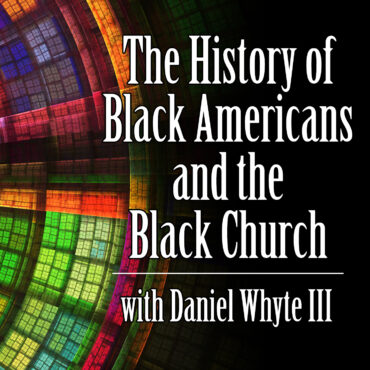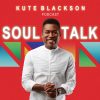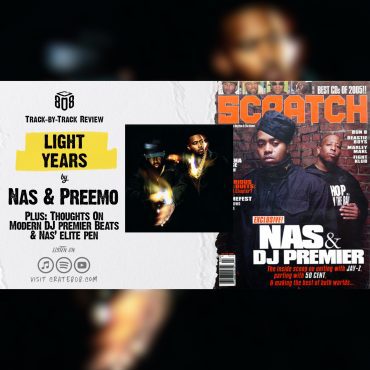
The Origins of the Black Church
Our Scripture verse for today is Genesis 15:13-14 which reads: “And [God] said unto Abram, Know of a surety that thy seed shall be a stranger in a land that […]
 play_arrow
play_arrow
 play_arrow
play_arrow
 play_arrow
play_arrow
 play_arrow
play_arrow
 play_arrow
play_arrow
 play_arrow
play_arrow
The World Needs You Now – A Life Changing Invitation podcast
 play_arrow
play_arrow
THE FRUIT LOOPS TASTE CHALLENGE EXPOSED! -You Should Know Podcast- podcast
 play_arrow
play_arrow
Make life harder (and better): Learn another language. podcast
 play_arrow
play_arrow
Stop Announcing, Start Becoming podcast
 play_arrow
play_arrow
What Makes Men Feel Insecure podcast

Our Scripture verse for today is John 8:36 which reads: “If the Son therefore shall make you free, ye shall be free indeed.”
Our History of Black Americans and the Black Church quote for today is from Arthur Ashe, the World No. 1 tennis player and the first black man to be selected for the U.S. Davis Cup tennis team. He said, “If I were to say, ‘God, why me?’ about the bad things, then I should have said, ‘God, why me?’ about the good things that happened in my life.”
In this podcast, we are using as our texts: From Slavery to Freedom, by John Hope Franklin, The Negro Church in America/The Black Church Since Frazier by E. Franklin Frazier and C. Eric Lincoln, and The Black Church In The U.S. by William A. Banks.
Our first topic today is a continuation of some good work done for the “God In America” series titled “The Origins of the Black Church” which was aired by the Public Broadcasting Service. This is just a brief historical overview; we will delve into these topics in great detail in upcoming episodes
THE SECOND GREAT AWAKENING AND “HUSH HARBORS”
In the late 18th and early 19th century, thousands of Americans, black and white, enslaved and free, were swept up in the revival known as the Second Great Awakening. In the South, the religious fervor of evangelical Christianity resonated easily with the emotive religious traditions brought from West Africa. Forging a unique synthesis, slaves gathered in “hush harbors” — woods, gullies, ravines, thickets and swamps — for heartfelt worship which stressed deliverance from the toil and troubles of the present world, and salvation in the heavenly life to come.
Yet most of the enslaved lay outside the institutional church. In the 1830s and 1840s, Southern churchmen undertook an active campaign to persuade plantation owners that slaves must be brought into the Christian fold. Because plantations were located far from churches, this meant that the church had to be carried to the plantation. Aided by denominational missionary societies and associations, plantation missions became popular institutions. But missionaries recognized that Christianity would not appeal to all enslaved blacks. Novice missionaries were warned: “He who carries the Gospel to them …discovers deism, skepticism, universalism…all the strong objections against the truth of God; objections which he may perhaps have considered peculiar only to the cultivated minds…of critics and philosophers!”
The Methodists were the most active among missionary societies, but Baptists also had strong appeal. The Baptists’ insistence that each congregation should have its own autonomy meant that blacks could exercise more control over their religious affairs. Yet the independence of black churches was curbed by law and by the white Southern response to slave uprisings and abolition.
ABOLITION
In the years leading up to the Civil War, the black church found its political and prophetic voice in the cause of abolition. Black ministers took to their pulpits to speak out against slavery and warned that any nation that condoned slavery would suffer divine punishment. Former slave and Methodist convert Frederick Douglass challenged Christians to confront an institution that violated the central tenets of the Christian faith, including the principle of equality before God. In 1829, African American abolitionist David Walker issued his famous tract, “Appeal to the Coloured Citizens of the World,” urging slaves to resort to violence, if necessary. He, too, warned of divine punishment. He said, “God rules in the armies of heaven and among the inhabitants of the earth… His ears are continually open to the tears and groans of His oppressed people…”
In the North, black ministers and members of the African American community joined white abolitionists in organizing the Underground Railroad, an informal network that helped persons escaping bondage to make their way to freedom. Prominent among these activists was Harriet Tubman, who escaped from slavery in 1849 and made her way to Philadelphia. Having secured her freedom, Tubman put herself in jeopardy by making repeated return trips to the South to assist others. Her courage and determination earned her the affectionate nickname of “Moses.”
We will continue this brief historical overview of the black church in our next podcast.

Our Scripture verse for today is Genesis 15:13-14 which reads: “And [God] said unto Abram, Know of a surety that thy seed shall be a stranger in a land that […]


Copyright Blackpodcasting 2025